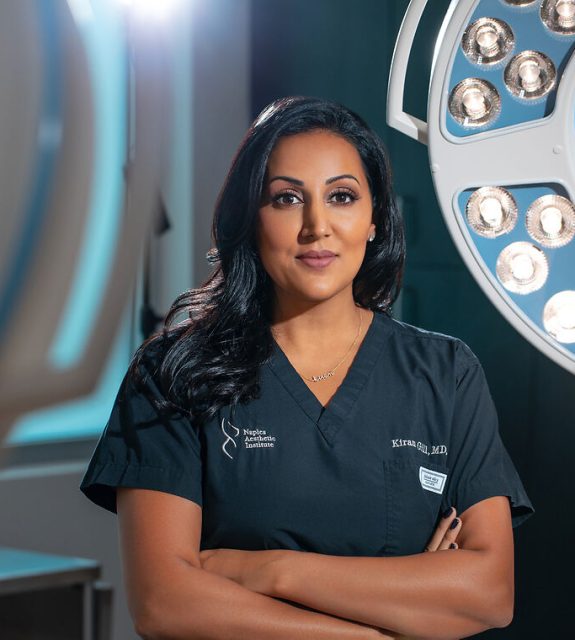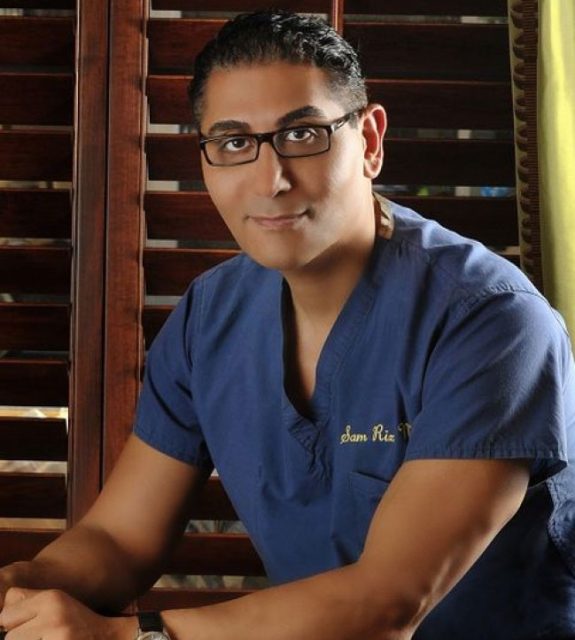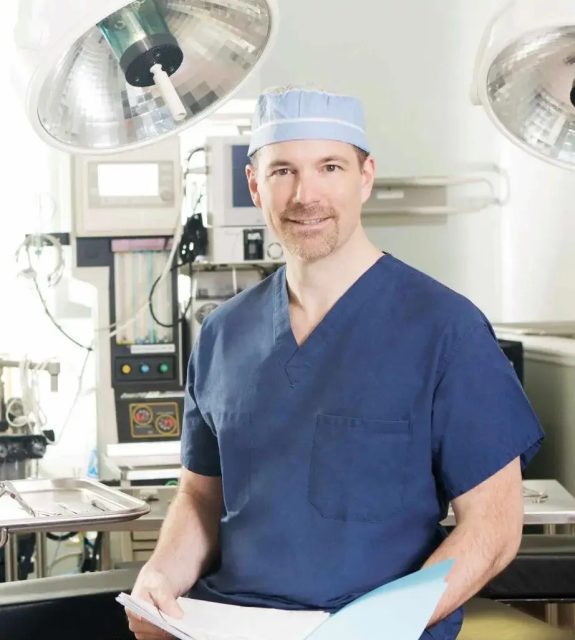Breast augmentation is one of the top procedures performed by Dr. Gabriel Chiu of Beverly Hills Plastic Surgery, and many prospective patients try to educate themselves before even stepping foot in office. In the process of researching breast implants, you may run across information that is confusing, and possibly even a little worrisome. It is important to know that not everything you read about breast implants is true or as bad as it may sound. Breast augmentation is one of the most common cosmetic procedures in the world, and it is generally safe. There are a few myths out there that may deter you from undergoing this surgery, but we are here to dispel some of these and arm you with the correct information to help you make your decision.
Myth: Implants are lifetime devices.
Fact: On average, breast implants are said to last around 10 years. Technically, the lifetime of a breast implants ends when it ruptures. The lifetime of your breast implants will depend on the wear and tear that they receive, and according to the American Society of Plastic Surgeons (ASPS), the chance of a rupture increases by about 1 percent for every year after your initial surgery. This means that there is a 10 percent chance of a rupture once you have had your implants in for 10 years.
Myth: Mammograms can cause implants to rupture.
Fact: While it is possible, it is very rare for a breast implant to rupture because of a mammogram. It is important to continue your regular exams even if you have breast implants. You should make sure that your doctor, X-ray tech, and radiologist are aware that you have implants and that they have experience performing mammograms for women who have breast implants.
Myth: Breast implants cause cancer.
Fact: Breast implants do not increase your risk of breast cancer. All implants available in the United States are cleared by the FDA.
However, in 2011, the FDA identified a possible link between breast implants and anaplastic large cell lymphoma (ALCL). This is a rare type of non-Hodgkin’s lymphoma, which is cancer of the immune system. It is typically found in scar tissue and fluid around a breast implant, but can also spread to other parts of the body. While there is not much research yet regarding this condition, it is thought that the risk is increased by the use of textured implants rather than smooth ones. The FDA and several other organizations continue to gather information and research to help prevent and treat this condition.
Myth: You cannot breastfeed if you have breast implants.
Fact: While pregnancy can have an effect on the size and shape of the breasts, implants pose no risk to your baby if you decide to breastfeed. There is a small risk that having breast surgery before becoming pregnant could change nipple sensation of affect the milk ducts, but this depends on several factors, including the type of incision used and the location of the implant (over or under the chest muscle). If the ability to breastfeed is a concern, be sure to tell your surgeon during your consultation, and they will help you to determine the best course of action.
Know Your Options
There are many options for breast augmentation, including natural breast augmentation through the use of fat transfer if you prefer a more subtle enhancement. However, you should not let the myths about breast implants deter you if you decide to go that route. If you have any concerns, you should always feel comfortable sharing them with your doctor.



























